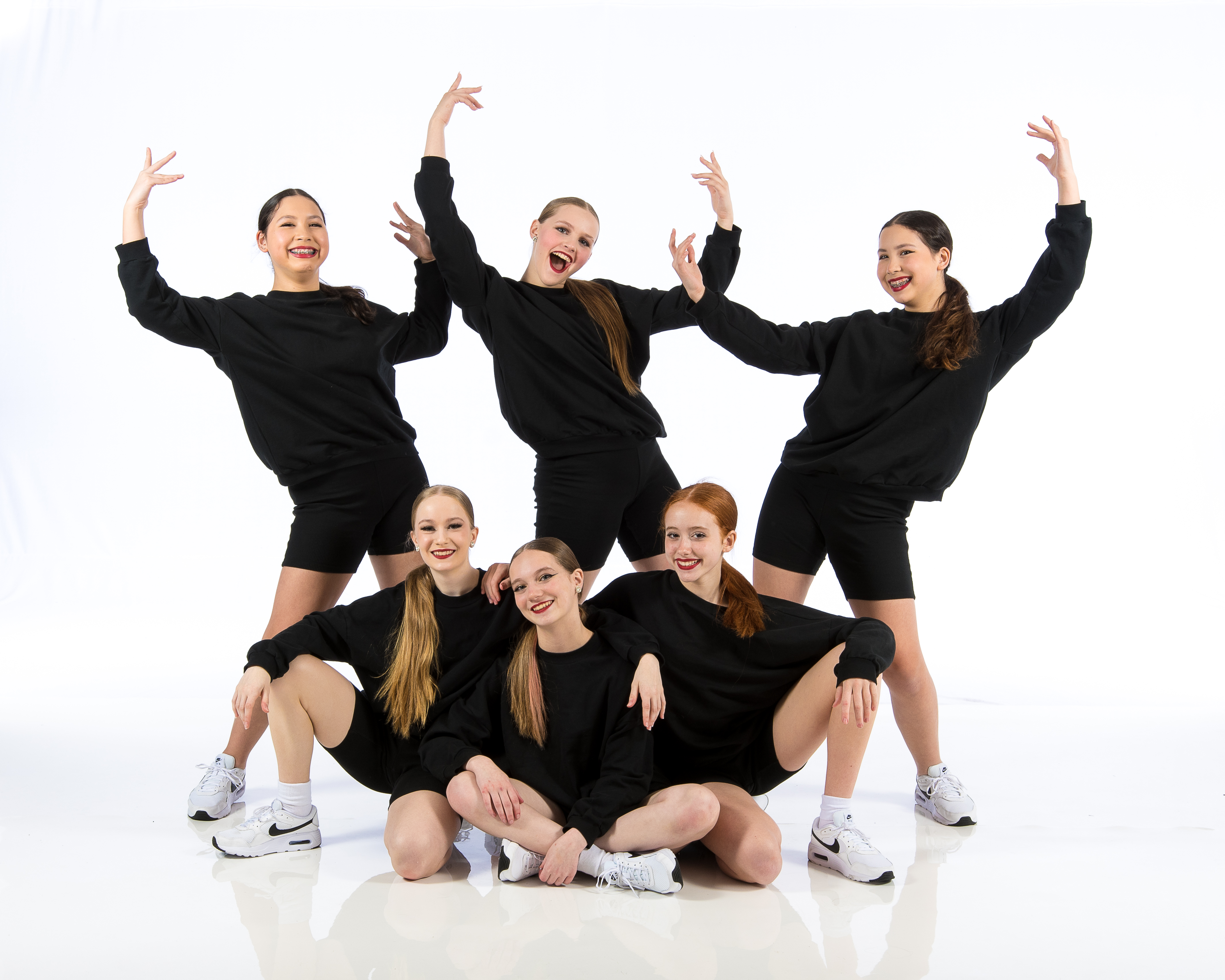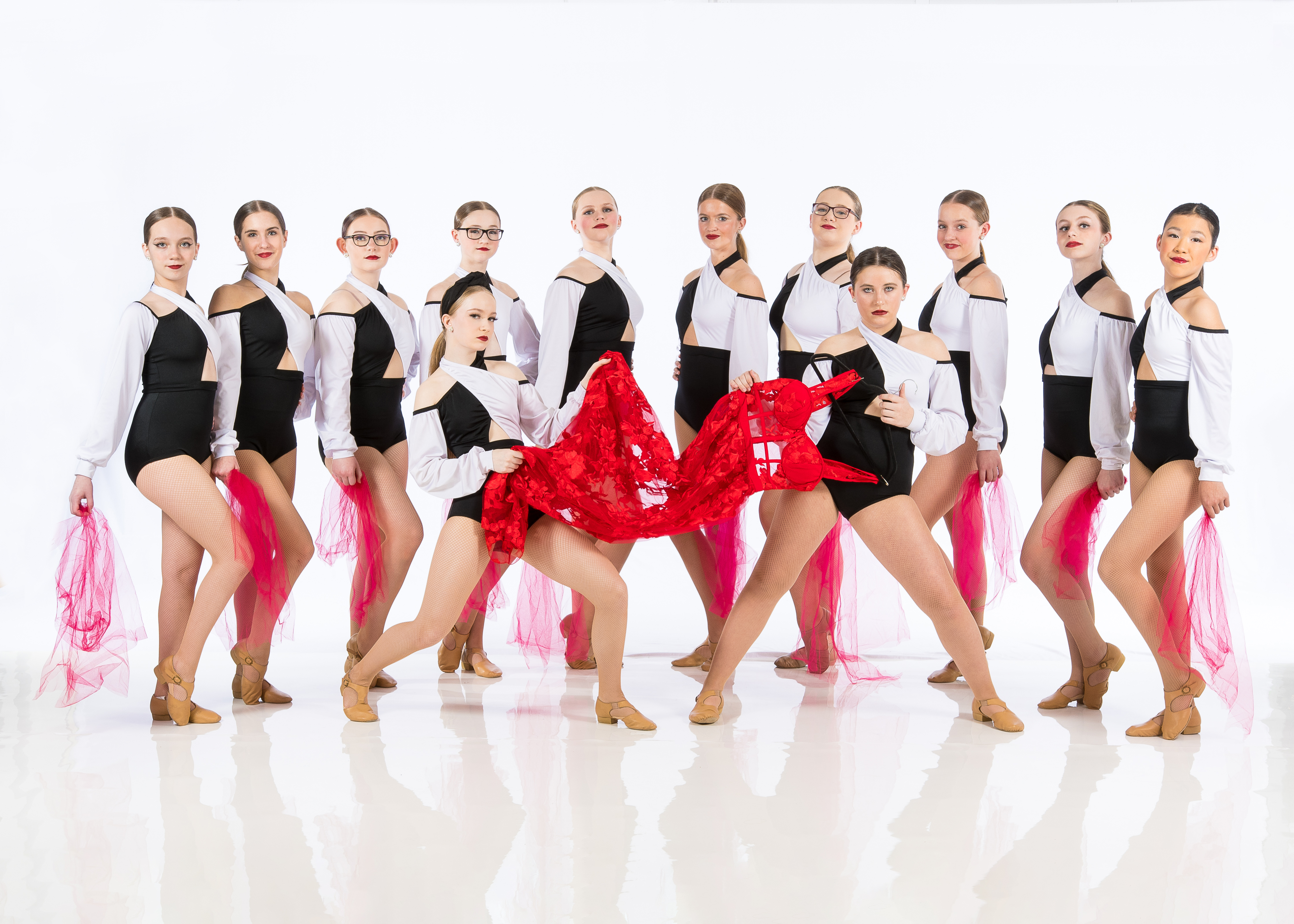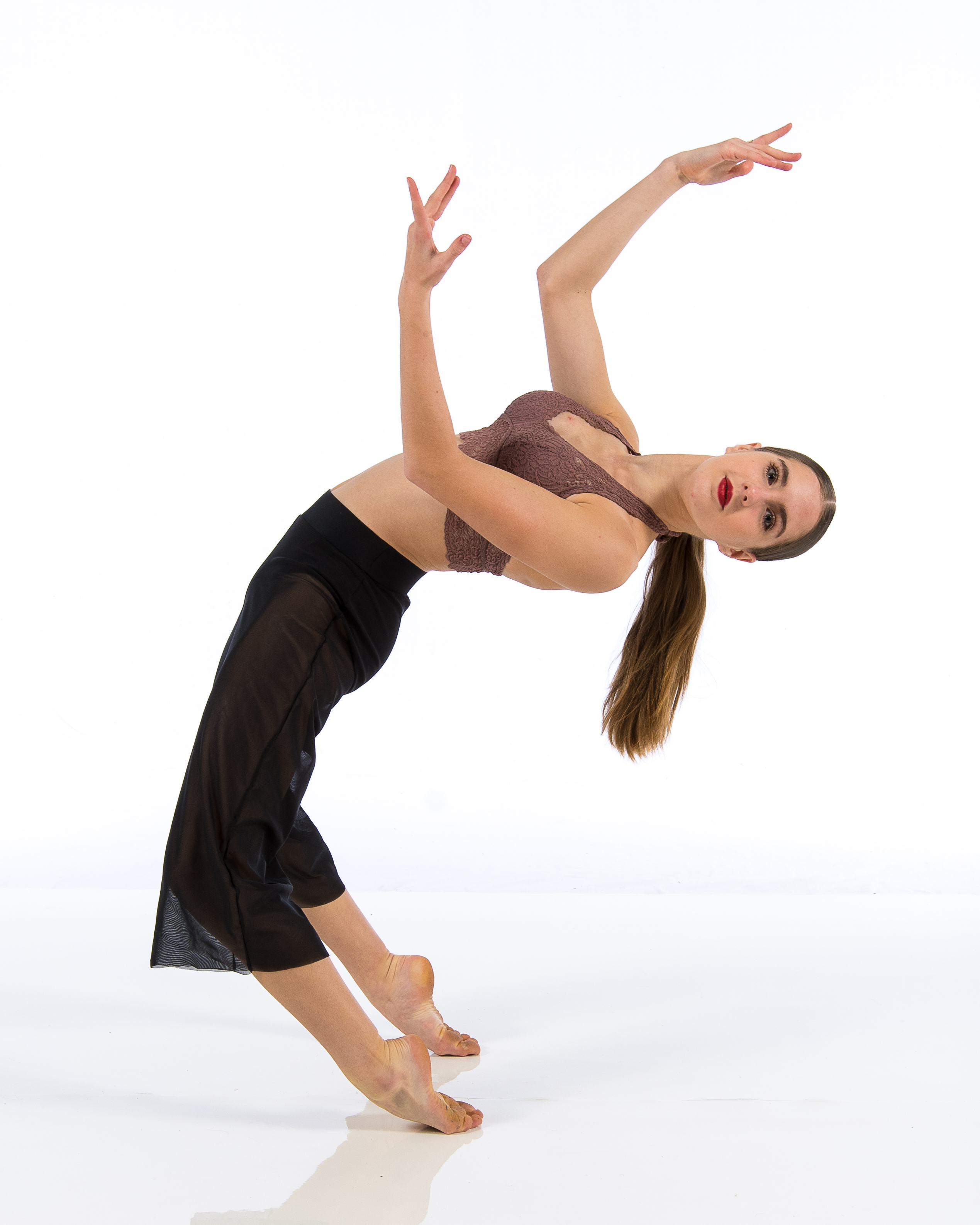Introduction
Stepping into a dance studio for the first time is an exciting experience, one that can mix a cocktail of feelings-- excitement, anxiety, anticipation. Whether you're a seasoned dancer or simply starting your trip, understanding the subtleties of dance studio rules can boost your experience and improve your partnerships with teachers and fellow professional dancers alike. In this detailed guide, we'll dive deep right into Mastering Dance Studio Rules: Necessary Tips for Beginners and Pros Alike
From standard policies to sophisticated considerations, this article will cover everything you require to find out about navigating the dynamic globe of dance workshops. So tighten up those shoelaces and allow's obtain started!
The Relevance of Dance Studio Etiquette
Why Etiquette Matters in Dancing Studios?
In any creative setting, etiquette plays a pivotal role in preserving harmony and regard amongst participants. Dancing studios are no exemption. Excellent decorum cultivates a positive atmosphere where creativity can flourish.
- Respect: Being mindful in the direction of instructors and fellow dancers builds common respect. Focus: Proper behavior lessens diversions, enabling everybody to concentrate on learning. Community: Decorum assists produce a supportive community that urges growth and camaraderie.
Common Mistaken beliefs About Dance Studio Etiquette
Many newbies hold mistaken beliefs about what makes up appropriate behavior in dance studios. Let's debunk some misconceptions:
- Myth 1: "Just sophisticated professional dancers require to comply with etiquette." Fact: Rules is necessary for all degrees; it mirrors professionalism. Myth 2: "Instructors are also rigorous about policies." Fact: Instructors implement regulations to preserve order and respect.
Basic Dance Studio Decorum for Beginners
Dress Code: What to Wear?
First perceptions matter! The appropriate attire not only shows your commitment but also improves your performance. Right here's exactly how to clothe properly:

- Comfort: Select garments that permit cost-free movement. Footwear: Purchase good-quality footwear matched to your dance style.
|Dancing Design|Suggested Clothing|| -------------|-------------------------|| Ballet|Leotard, leggings, ballet sandals|| Hip-Hop|Loose-fitting clothes, sneakers|| Tap|Comfy garments, faucet footwear|
Arriving on Time: Preparation is Key!
Being late can interrupt the whole class. Goal to reach least 10 minutes early to:
- Warm up. Settle in mentally.
Tip: If you're running late due to unanticipated conditions, inform the instructor beforehand.
Quiet Zone: Preserving Silence Prior To Class
Dance workshops thrive on focus. Maintain conversations to a minimum before course starts to make certain every person can prepare mentally.
Intermediate Dance Studio Rules: Building Relationships
Respecting Individual Room in Class
Every dancer deserves their area throughout practice. Stay clear of crowding others while exercising moves or routines.
Why It Matters: Valuing individual area promotes comfort and promotes better knowing experiences.
Listening Proactively During Instructions
When a teacher is speaking, it's crucial to listen. Energetic paying attention demonstrates respect and helps you understand crucial concepts.
How To Show Energetic Listening:
Maintain eye call with the instructor. Nod when appropriate. Ask clearing up questions if needed.
Advanced Dance Studio Etiquette: Raising Your Experience
Providing Useful Comments Wisely
As you grow extra knowledgeable, sharing comments becomes part of the culture. However, technique this delicately:
Focus on certain movements as opposed to general critique. Offer ideas just if obtained by peers.Encouraging Others: Building Community Spirit
Support your other professional dancers with motivation:
- Compliment their initiatives genuinely. Celebrate their success openly.
Mastering Dance Studio Rules: Important Tips for Beginners and Pros Alike-- The Teachers' Perspective
Understanding Teacher Expectations
Instructors usually have details expectations relating to behavior in course. Acquainting Dance Studio yourself with these can significantly improve your discovering experience:
Listen diligently when they speak. Follow directions precisely. Give your best effort during every session.Building Connection with Your Instructor
Establishing a great connection with trainers can be helpful for your growth as a dancer:
- Ask concerns connected to choreography or method after class. Thank them for their guidance post-class; recognition goes a lengthy way!
Handling Conflict Gracefully in the Dance Studio Environment
Dealing with Disagreements Amongst Peers
Conflicts might arise within any kind of group setting; understanding just how to handle them gracefully is important:
Approach the person independently without intensifying tension. Use "I" declarations instead of "you" statements (e.g., "I felt ignored when ...").Addressing Issues with Trainers Professionally
If you have issues concerning instruction or class dynamics:
Request a personal conference after course hours. Express your sensations constructively concentrating on remedies instead of complaints.The Duty of Non-Verbal Interaction in Dance Studios
Understanding Body movement Signals
Dance naturally involves non-verbal interaction; comprehending exactly how body movement features in this context is important:
Positive body language (e.g., open position) promotes connection. Negative signals (gone across arms) may communicate defensiveness or disengagement.Using Eye Call Properly During Classes
Maintaining eye call with instructors conveys attentiveness while additionally helping construct rapport amongst peers during group performances!
FAQs
Q1: What ought to I wear for my very first dancing class?
A1: Go with comfy garments that allows totally free motion-- yoga trousers or leggings paired with an equipped leading jobs well!

Q2: Is it all right to miss courses occasionally?
A2: Life happens! Inform your teacher beforehand ideally; they'll appreciate your consideration.
Q3: Exactly how do I handle feeling shy around various other dancers?
A3: Beginning little-- introduce yourself individually prior to expanding interactions progressively as familiarity grows!
Q4: Can I bring friends along to observe classes?
A4: Many workshops prefer prior arrangements; get in touch with monitoring initially so they know added attendees!

Q5: What if I differ with a trainer's feedback?
A5: Approach them pleasantly post-class; share sensations using "I" declarations focusing on constructive discussion rather than confrontation!
Q6: Must I participate in performances even if I'm new?
A6: Definitely! Getting involved boosts self-confidence-- speak out concerning any type of doubts so lodgings can be made accordingly!
Conclusion
Mastering dance studio decorum isn't nearly adhering to guidelines; it has to do with growing an improving setting where everybody feels valued and motivated-- whether you're simply starting or refining advanced techniques as a seasoned pro! By adhering very closely to these essential suggestions detailed here under Mastering Dance Studio Etiquette: Vital Tips for Beginners and Pros Alike, not just will you improve your own experience however also contribute positively in the direction of supporting a welcoming neighborhood within each dance studio you poise with your presence! So take these understandings onward right into every workshop room you enter-- and allow the rhythm lug you towards excellence!